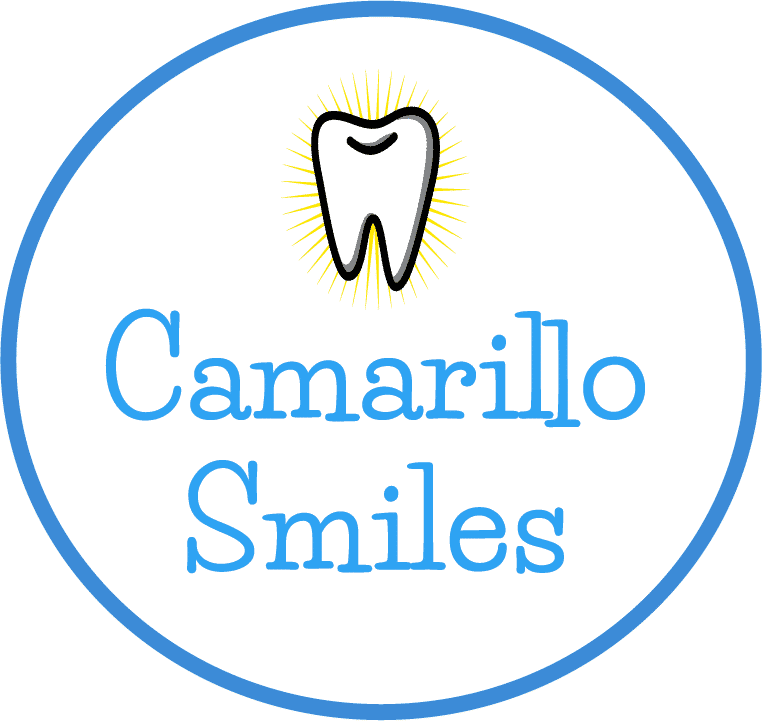What are Cold Sores?
Cold sores, commonly called fever blisters, are small clear blisters filled with fluid that form around and in the mouth. They are caused by the herpes simplex virus (HSV1) living inside nerve cells. They usually last no longer than two weeks, although the sores are highly contagious and tend to recur. The virus can be triggered by stress, fever, illness, trauma or sunlight.
What is the difference between a canker sore and a cold sore?
A canker sore is an ulcer that occurs inside of the mouth. They are usually about the same diameter as a pencil, although they may be larger. A cold sore may occur around the lip area outside of the mouth and is caused by a virus. If a cold sore appears inside of the mouth, then usually it appears on the non-movable portion such as the roof, rather than the tongue or soft-palate.
What triggers a cold sore outbreak?
The herpes virus may remain inactive for long periods of time. The following list are factors that can trigger cold sores:
- Physical stress or fatigue
- Mouth trauma
- Illness, such as a cold or flu
- Dental treatment
- An immune system deficiency
- Menstruation or pregnancy
- Injury to the lip due to sunlight exposure or ultraviolet lamps
- Food allergies
What happens when you are first exposed to the HSV1?
The virus is usually contracted during infancy or early childhood. It usually comes from an infected family member or friend. Only about 10% of those infected actually develop the characteristic blisters. If sores do develop, they can appear anywhere from 2 to 20 days after exposure to an infected person. Sometimes, it may come with flu-like symptoms such as fever, sore throat swollen glands and mouth soreness.
What are the stages of a cold sore?
Day 1: Prodrome (tingle) stage
A tingling, burning or itching sensation is often felt right before a cold sore is formed. It may be felt beneath the skin, usually around the mouth or the base of the nose.
Day 2 to 3: Blister stage
The first visible sign of cold sore formation is an outbreak of fluid-filled blisters.
Day 4: Ulcer or weeping stage
Typically, the most contagious and painful stage of cold sores is when blisters rupture, leaving a shallow reddish open sore.
Day 5 to 8: Crusting stage
The blisters dry up after a few days and then they form a yellow or brownish crust which eventually falls off. It is important to care for the scab, which can crack or break during this stage.
Day 9 to 12: Healing stage
A series of scabs will form on the lesion. They will eventually flake off. Then a new smaller scab will form until the cold sore heals completely. Usually, there will not be any scarring.
How are cold sores treated?
Symptoms may go away on their own without treatment in 1 to 2 weeks.
The dentists at Camarillo Smiles can use a laser to speed up the healing process or they can prescribe medicines to fight the virus. These medications are called antiviral agents. They can help reduce pain and make the symptoms go away sooner. These medications work best if you take them as soon as you have a warning signs of a mouth sore, before any blisters develop.
Antiviral skin creams may also be used. However, they are expensive and often only shorten the outbreak by a few hours to a day.
The following steps can also help make you feel better:
- Apply ice or a warm washcloth to the sores to help ease pain.
- Wash the blister gently with germ-fighting (antiseptic) soap and water. This helps prevent spreading the virus to other body areas.
- Avoid hot beverages and any spicy or salty foods, and citrus.
- Gargle with cool water or eat popsicles.
- Rinse with salt water.
- Take a pain reliever such as Advil or Tylenol.
What precautions should be taken?
Here are some tips to prevent mouth sores:
- Avoid prolonged exposure to sunlight and apply sunblock or lip balm containing zinc oxide to your lips before you go outside.
- Avoid intimate physical contact if lesions are present.
- Don’t touch the herpes sores (wash your hands if you do).
- Wash items such as towels and linens in boiling hot water after each use.
- Do not share utensils, straws, glasses, or other items if someone has oral herpes.

